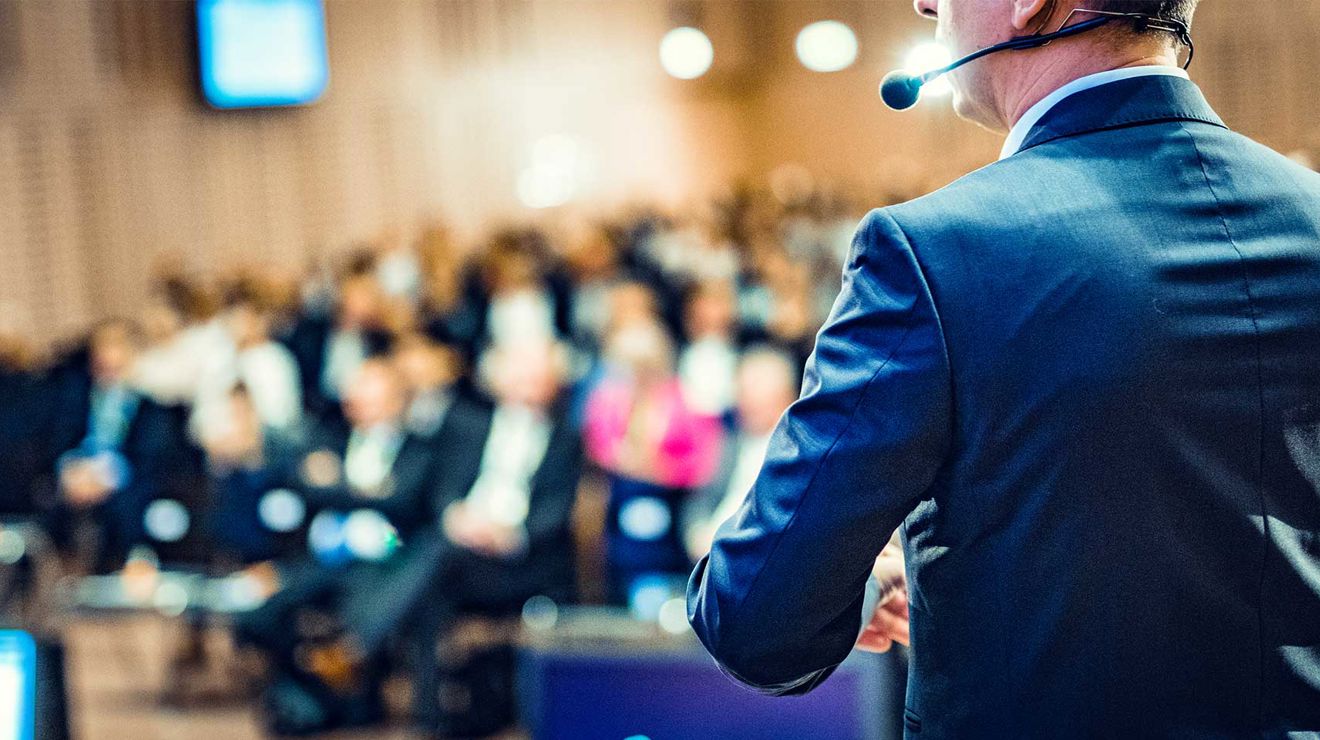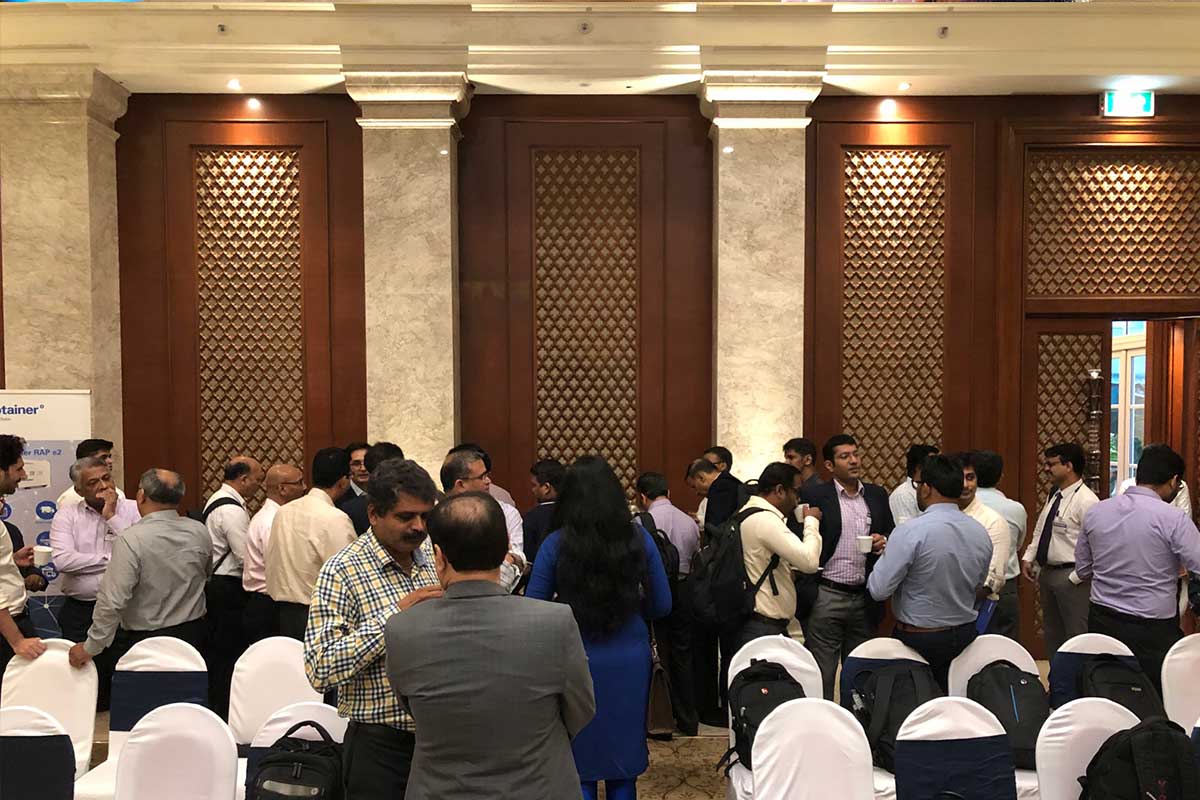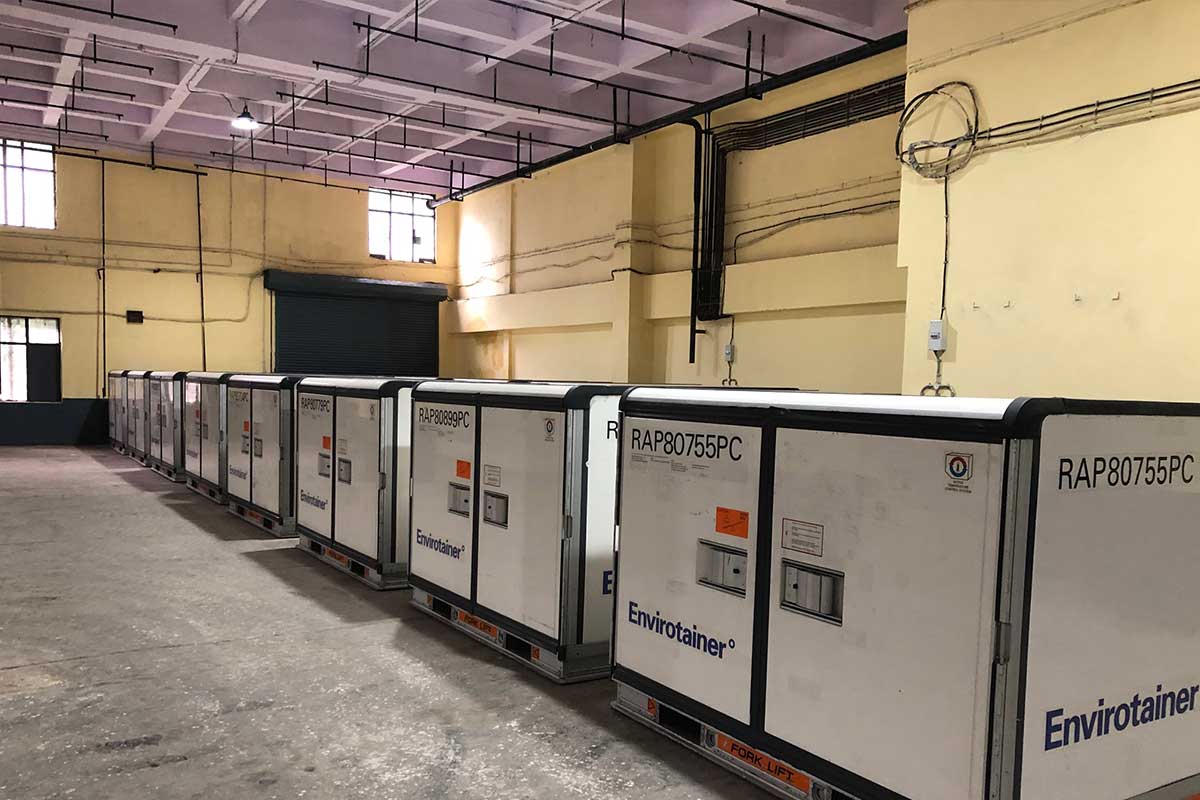Best practice learnings from Moving Pharma Forward, Asia
Suat Toh
Head of Sales APAC

Envirotainer has a strong focus on Asia, which is perhaps the most innovative region for pharmaceutical production at present. To serve our partners, clients and other stakeholders in the industry pharma logistic industry, we have hosted four (4) Moving Pharma Forward events in Asia this autumn, in Mumbai, Shanghai, Seoul and Tokyo. Here is a snapshot of what was discussed during the events.
Moving Pharma Forward in Mumbai
On September 13th, 2019, the Envirotainer India team hosted a Moving Pharma Forward event in Mumbai. About a hundred guests attended, with about half of the attendees from pharmaceutical companies and the other half from airlines, freight forwarders and ground-handlers.
Apart from sessions held by Envirotainer experts, a number of external speakers shared their experiences. For example, Mr. Sunil Menon from multinational pharmaceutical and biotechnology company USV shared his experiences of shipping biosimilar products and how to evaluate the transportation chain and determining responsibilities. Mr. Alan Fernandes from Sanofi talked about ensuring integrity and realizing cost-savings by a streamlined process through the Mumbai gateway.
 ©Envirotainer
©Envirotainer
Attendees could also participate in a tour of Envirotainer’s new station in Mumbai to get a hands-on experience. The tour was coordinated by Hoon Tien Ho, from Envirotainer’s Global Service Network team, and Allied Aviation, Envirotainer’s ground handler in Mumbai.
Shanghai
On September 17th, Envirotainer’s China team hosted the first Moving Pharma Forward event in China in Shanghai, with many attendees from the pharmaceutical industry as well as freight forwarders and airlines.
Mr. David Zhou from Henlius shared his experience of validating Envirotainer’s solution during a trial shipment from Shanghai to London with Emirates Airlines, which showcased the seamless process of coordination between partners to support their upcoming NPI launch. At a panel discussion with representatives from Lilly, Shanghai Pudong Airport, freight forwarder Chevalier AOC and Envirotainer, the different perspectives of each stakeholder were discussed and how each decision made will impact everyone. Envirotainer experts also held workshops about visibility of the cold chain and the importance of having the right knowledge for good practices.
Seoul
On October 29th, Envirotainer hosted its Moving Pharma Forward event in Seoul. The attendees came from a large number of freight forwarders, airlines and pharmaceutical companies.
Korea Bio Association kick-started the event by briefing the audience about the Korean biopharmaceutical industry outlook for 2020. Mr. Michael Lopez from Medytox shared his insights about how to best meet the increasing requirements for economical, safe and documented temperature-controlled shipping solutions with detailed comparisons between active and passive solutions. Ms. Minji Jang from Hanmi Pharmaceutical shared her experiences of handling both Envirotainer’s active containers and passive solutions for their various products in different temperature requirements. Attendees showed great interest in Hanmi’s presentation on how to cope with cold chain challenges.
Mr. Seunghyun Hong from GC Pharma shared his experience of validating Envirotainer’s solution during shipping qualification from Incheon to Chicago with Korean Airlines. Also, experts from Envirotainer held workshops about cold chain continuous improvement through data analytics and how to enhance and improve cold chain shipment SOPs to meet the stringent regulations of the global market.
 ©Envirotainer
©Envirotainer
Tokyo
On October 31st, 2019, Envirotainer’s Japan team hosted Moving Pharma Forward in Tokyo with attendees from pharmaceutical companies, airlines and freight forwarders.
Apart from seminars held by Envirotainer experts, external partners held sessions to share their experiences. Mr. Matsunaga from Chugai Pharmaceutical Co. outlined an implementation process of qualification in new commercial business, and how pharmaceutical companies should proceed through a Design Qualification (DQ), Operational Qualification (OQ) and Performance Qualification (PQ) to establish SOP’s to mitigate risks in the global cold chain.
Mr. Hiroshi Ohyama from Mitsubishi Tanabe Pharma emphasized that there are three important factors for establishing quality management of a global cold chain:
- Understanding the other industries (e.g. airlines and forwarders),
- From the EHS (Environment, Health and Safety) and sustainability, we need to build a workflow in the appropriate distribution while caring for the environment and workers, and
- Go onsite (stop assuming and check by yourself).
Also, Envirotainer experts held presentations about cold chain continuous Improvement through data analytics and transparency during the transportation.
About Moving Pharma Forward
Envirotainer has hosted Moving Pharma Forward events across the globe for several years. The overall objective is to share industry insights and best practices and to strengthen cooperation between all stakeholders that are involved in establishing a safe and predictable pharmaceutical cold chain.
Envirotainer has a strong focus on Asia with local experts in place who can assist customers with knowledge from all over the world. Our Moving Pharma Forward events in Asia are part of our mission to bring stakeholders together to improve cooperation and execution of cold chain transportation.